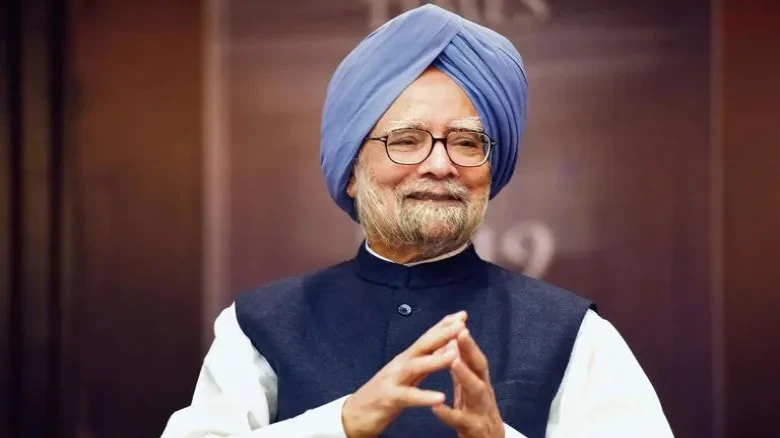He was crucial in helping to guide the Indian economy away from the Nehruvian era's socialist economic restrictions during this time.
Digital Desk: Dr. Manmohan Singh, who turns 90 years old today, was India's thirteenth prime minister. Singh served as India's finance minister from 1991 to 1996 before becoming prime minister.
Although Singh is mostly known to the younger generation as a former prime minister, it's important to recognise his essential efforts as finance minister as well.
He was crucial in helping to guide the Indian economy away from the Nehruvian era's socialist economic restrictions during this time. On the occasion of his birthday, let's take stock of some of the crucial policy choices that fundamentally altered the Indian economy.
Economic Liberalisation (1991)
In 1991, Dr. Singh was the Finance Minister and he was key in opening up the Indian economy. The changes included lowering trade barriers, ending the Licence Raj system, and allowing foreign investment in crucial industries. The globalisation and economic growth of India were sparked by these reforms.
Pradhan Mantri Gram Sadak Yojana (2000)
When Dr. Manmohan Singh was the Finance Minister in 2000, the Pradhan Mantri Gram Sadak Yojana (Prime Minister's Rural Roads Program) was started. The goal of this effort was to provide all-weather road connectivity to rural areas to promote rural development and improve accessibility and connectivity.
These are only a few of the important choices and actions associated with Dr. Manmohan Singh's positions as India's Prime Minister and a key player in the Indian government. During his administration, there was a significant improvement in infrastructure, social welfare, diplomatic ties, and economic policies.
National Rural Employment Guarantee Act (NREGA) (2005)
The National Rural Employment Guarantee Act, later known as the Mahatma Gandhi National Rural Employment Guarantee Act (MGNREGA), was introduced by the government in 2005 under Dr. Manmohan Singh's direction. With the primary objective of alleviating rural poverty and unemployment, this social welfare initiative was created to provide rural households with a legal promise of a minimum of 100 days of employment per year.
Right to Information Act (RTI) (2005)
The Right to Information Act was passed during Dr. Manmohan Singh's administration, and it was a significant piece of legislation. This law gives Indian citizens the right to ask for information from government institutions and agencies, and it is an essential instrument for increasing accountability, and transparency, and reducing corruption in public administration.
The Indo-US Civil Nuclear Agreement (2005)
The Indo-US Civil Nuclear Agreement, often known as the 123 Agreement, was a significant foreign policy endeavour under Dr. Manmohan Singh.
This historic agreement facilitated India and the United States' civil nuclear cooperation by giving India access to nuclear technology and fuel for its civilian nuclear energy program. This was accomplished even though India is not a party to the NPT (Nuclear Non-Proliferation Treaty).

Leave A Comment